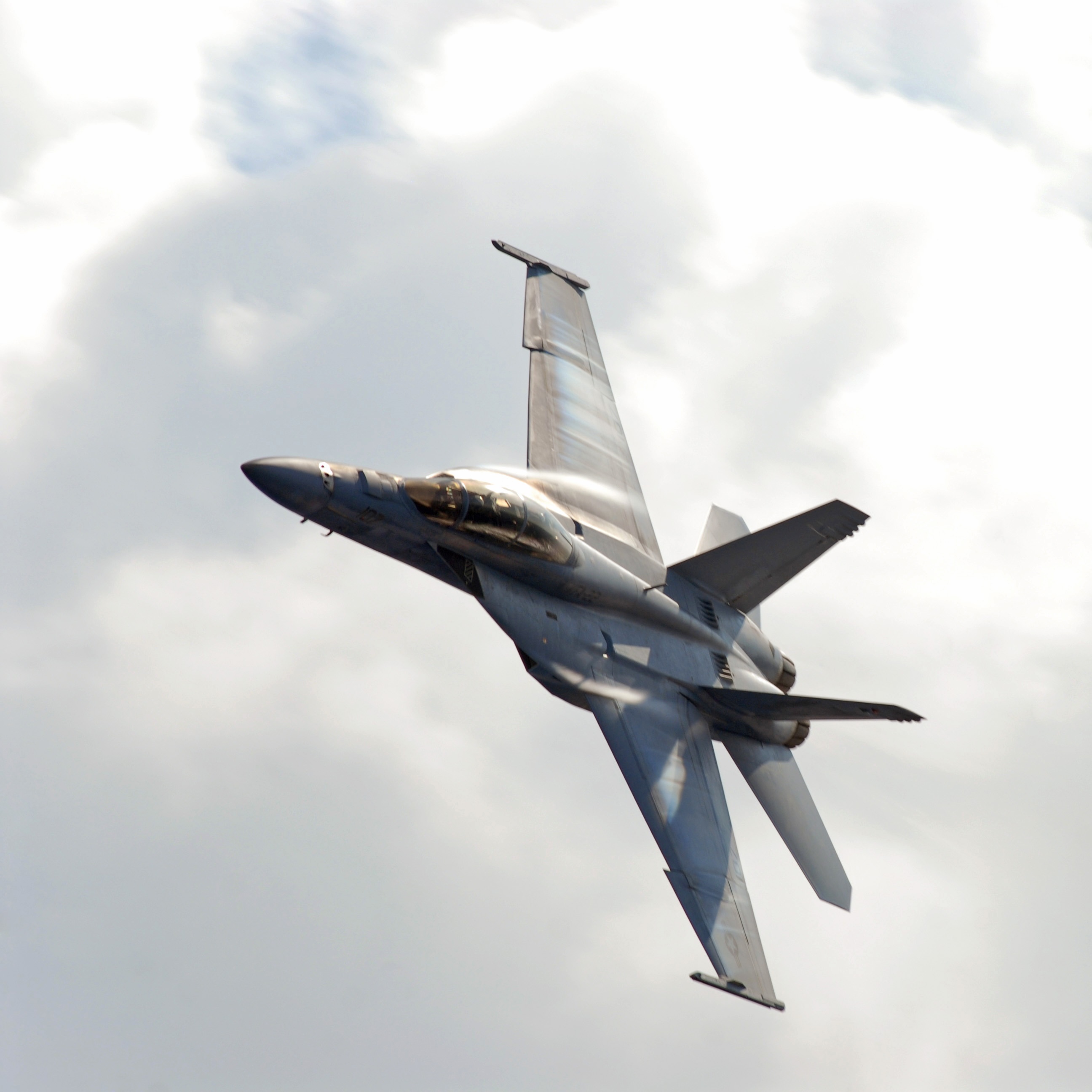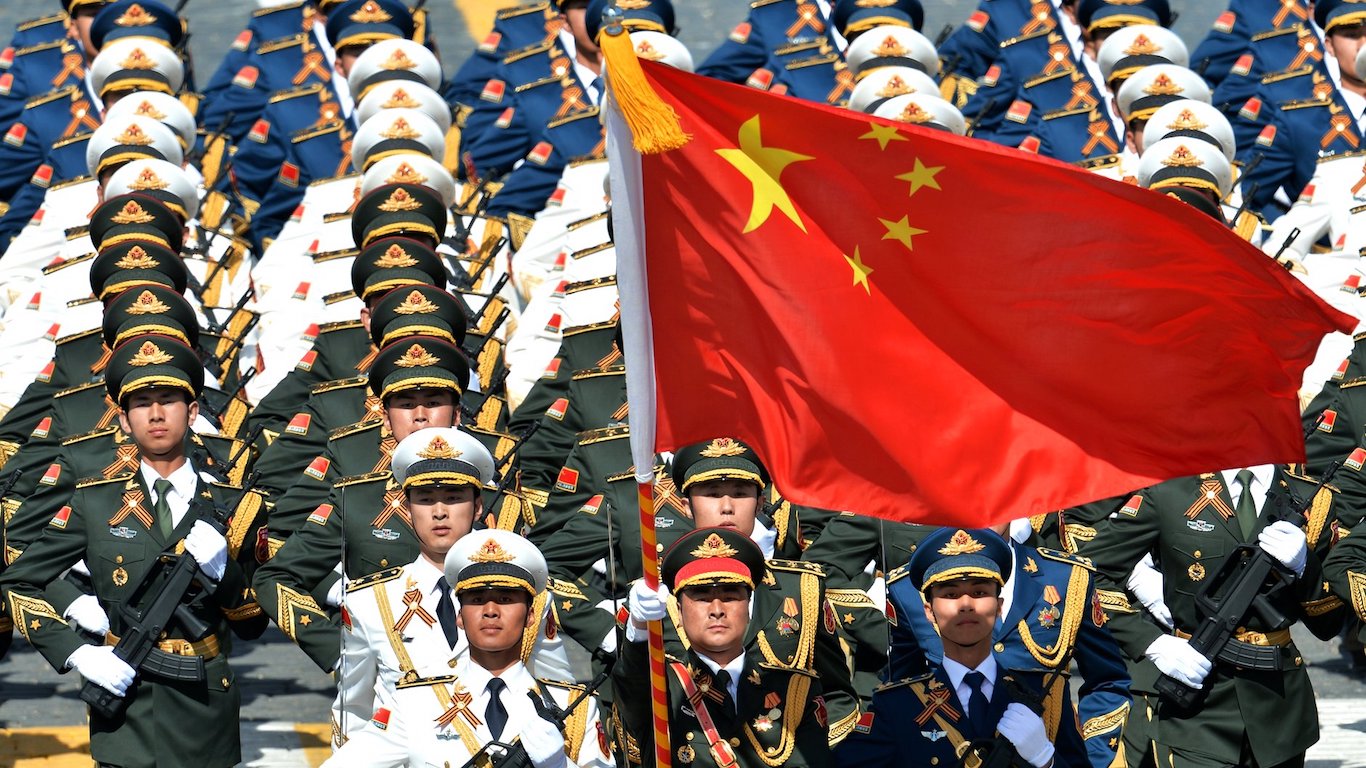
Last Wednesday, the chairman of the U.S. Senate Foreign Relations Committee confirmed that the Obama administration had approved the sale of more than 100 Boeing Co. (NYSE: BA) military aircraft to Qatar and Kuwait. The sale has been in the hopper for more than two years.
According to the reports, Boeing is selling 72 F-15E Strike Eagles to Qatar and up to 40 F/A-18 E/F Super Hornets to Kuwait. Lockheed Martin Corp. (NYSE: LMT) received authorization to sell up to 19 F-16s to Bahrain. The Boeing transactions are valued at more than $7 billion, if all options are exercised, while the Lockheed deal could be worth up to $5 billion for the jets alone. Adding in long-term maintenance and support, the deals could be worth $20 billion over their terms.
While this was good news for both companies, it was particularly welcome to the 15,000 employees at Boeing’s St. Louis defense plants. It is not too much of a stretch to say that the St. Louis production lines faced permanent closure by the end of the decade if the Qatari and Kuwaiti deals had fallen through.
Boeing builds two Super Hornets and EA-18G Growlers per month in St. Louis. The sale to Kuwait extends the production line for the Super Hornets into the 2020s, according to Boeing’s vice president for the two programs, Dan Gillian, who noted, “We would have ended production in 2016, now we’re confident about building airplanes into the 20s.”
The F-15 sales to Qatar extend the life of that production line beyond its previously expected shut-down date in early 2019.
What saved the fighter production lines? Politics. It’s an election year and this is exactly the sort of news that incumbents running for re-election love to take credit for.
Qatar also may be about to boost Boeing’s fortunes in its commercial aircraft division. The country’s state-owned airline, Qatar Airways, is said to be near an agreement with Boeing to order at least 30 of the company’s wide-body 777 and 787 passenger jets. The deal would be worth about $6.7 billion, according to sources cited at Bloomberg News.
Bloomberg also cites Richard Aboulafia, an aerospace analyst at the Teal Group, who said:
From a producer standpoint, [the order is] badly needed. From a customer’s, it doesn’t make sense unless it comes at the expense of another order.
Aboulafia is referring to Qatar Airways’ backlog of orders for the Airbus A350, which the European maker has been unable to deliver on time as a result of supplier problems. Boeing needs to beef up its wide-body orders as we enter the final quarter of the year.
Want to Retire Early? Start Here (Sponsor)
Want retirement to come a few years earlier than you’d planned? Or are you ready to retire now, but want an extra set of eyes on your finances?
Now you can speak with up to 3 financial experts in your area for FREE. By simply clicking here you can begin to match with financial professionals who can help you build your plan to retire early. And the best part? The first conversation with them is free.
Click here to match with up to 3 financial pros who would be excited to help you make financial decisions.
Thank you for reading! Have some feedback for us?
Contact the 24/7 Wall St. editorial team.
